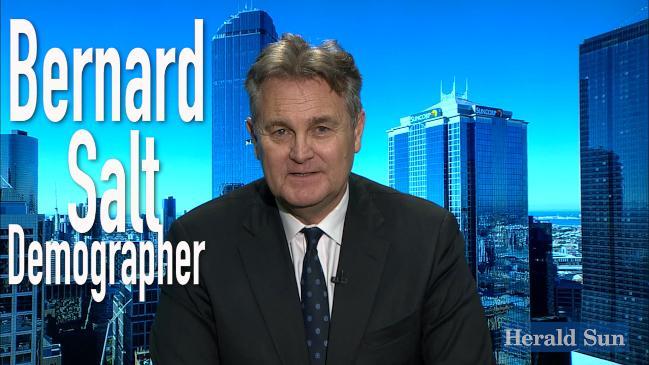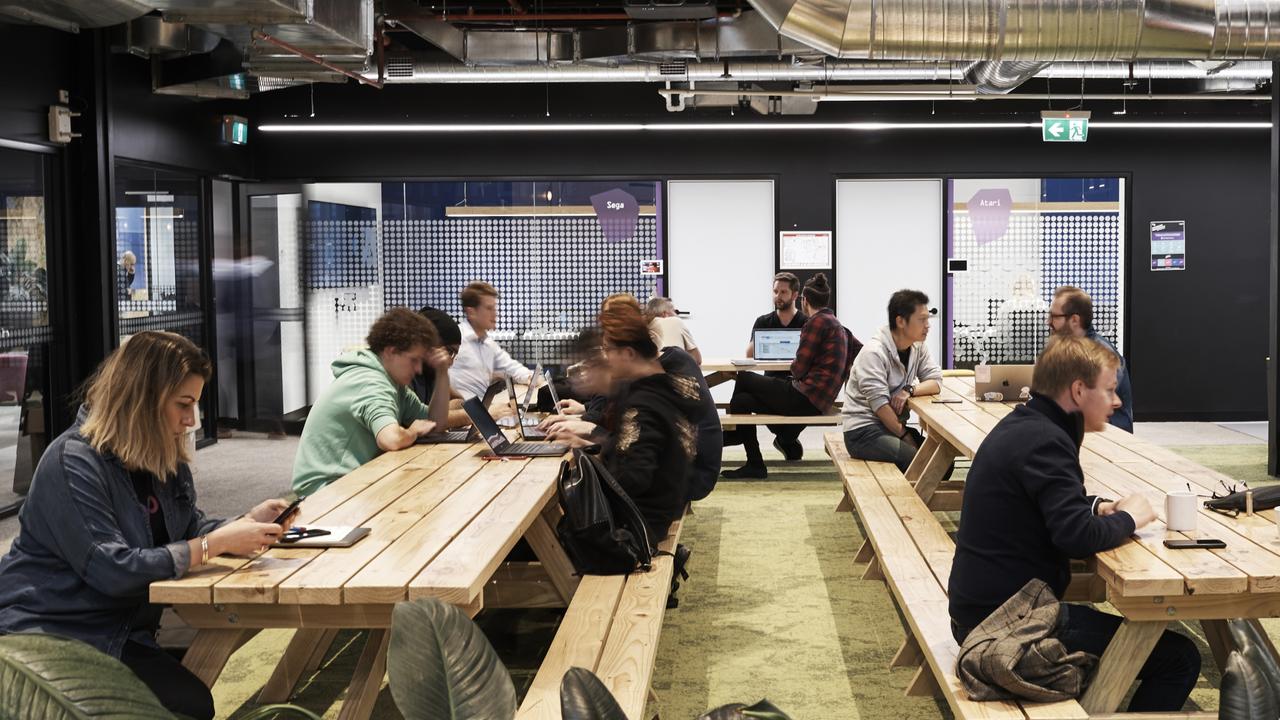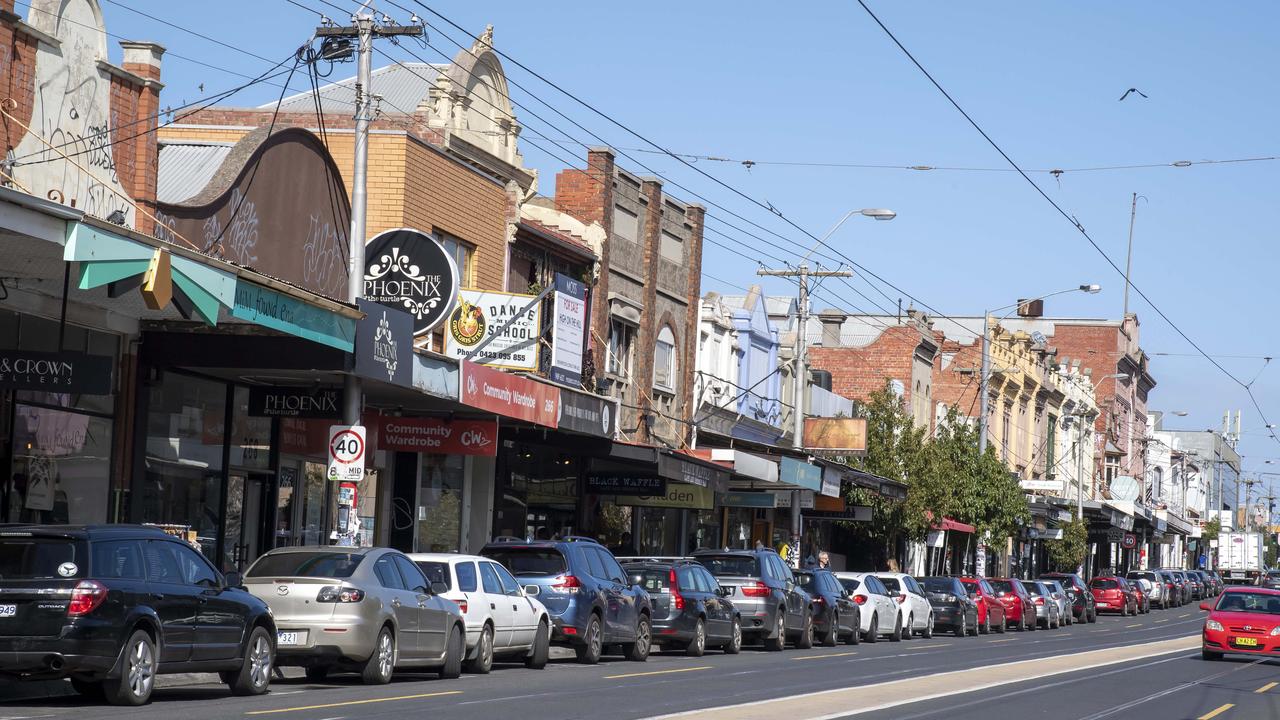Future Melbourne: Women contribute most to unpaid economy, many struggle to get paying jobs
WOMEN contribute to most of the $565 billion “unpaid economy” but geographic isolation stops many from getting paid jobs, a report says. See which Melbourne suburbs lead the nation for unpaid work.
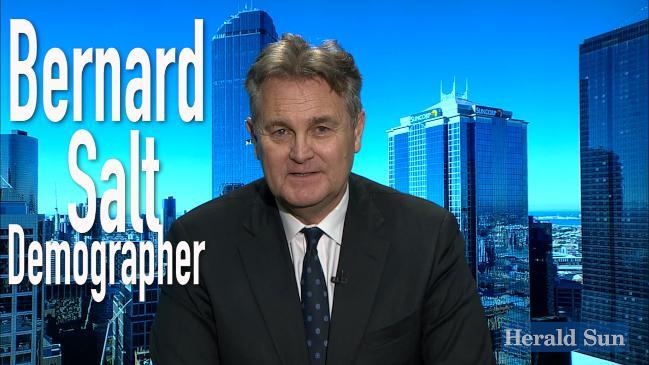
Future Victoria
Don't miss out on the headlines from Future Victoria. Followed categories will be added to My News.
WOMEN are contributing most to the $565 billion “unpaid economy” but many of them are being held back from getting paying jobs due to geographic isolation, says a new report.
The study by business consultant PwC revealed that childcare formed the lion’s share of the unpaid economy, with women doing 76 per cent of the work minding kids.
Females also do two-thirds of domestic work, 69 per cent of caring for adults and 57 per cent of volunteering.
The report said the traditional economy was missing out because while many mums wanted to return to paid work, lack of local jobs and poor transport links often kept them at home.
Outer western suburb Point Cook is Australia’s unpaid economy capital, generating $878.2 million in value in 2011, said the report, Understanding the Unpaid Economy.
Also in the top 10 were South Morang with $867.6 million, Craigieburn-Mickleham with $746.5 million and Werribee with $711.9 million.
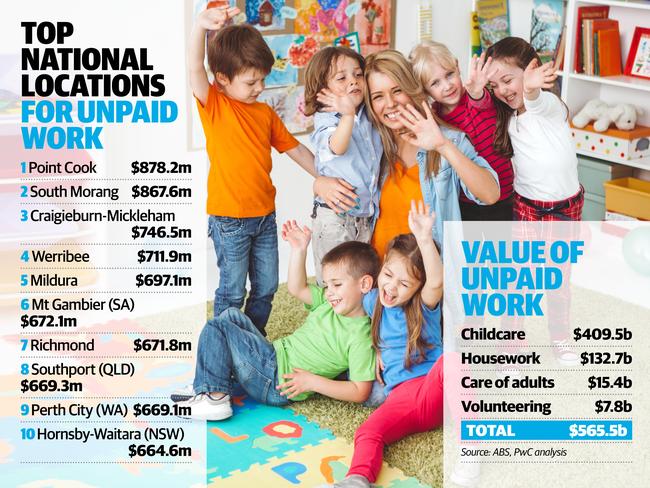
MORE FUTURE MELBOURNE:
SHOULD OUR SCHOOLS HAVE A SHORTER WEEK?
3D MODEL SHOWS MELBOURNE’S SKYLINE OF THE FUTURE
HOW OUR FAMILIES WILL CHANGE IN 2029
MEGA MELBOURNE COUNCIL TO RULE US ALL
The PwC report said these locations were new or emerging suburbs far from the CBD.
“They attract young (often young professional) families with house-and-land packages who want the space but can’t afford to buy elsewhere in Melbourne,” it said.
“These newer suburbs often don’t have the same transport linkages back into the major labour markets (CBD, Southbank, Docklands), making for a very long commute.
“It makes it very difficult for parents to re-enter the labour market after having children or for both parents to work given the need to also accommodate childcare or school logistics.”
Point Cook mum Prue Le Cornu wouldn’t mind returning to the workforce once her children are older, but she fears it’s wishful thinking.
“I have a degree in criminology, which I’d love to use,” she said.
“The issue is, there’s going to be an eight- to 10-year window between my degree and returning to work.”
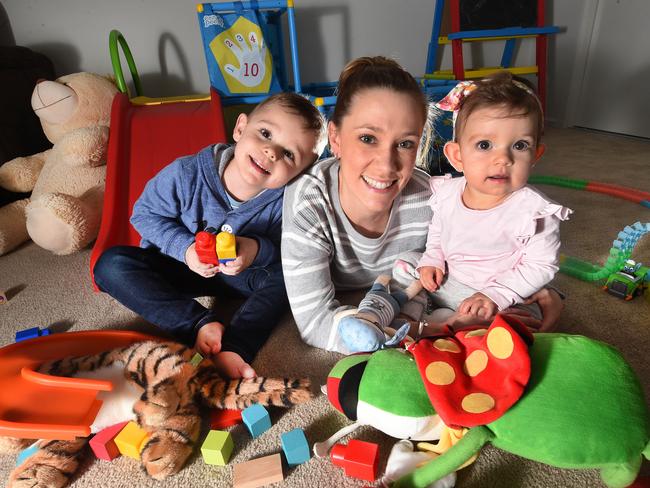
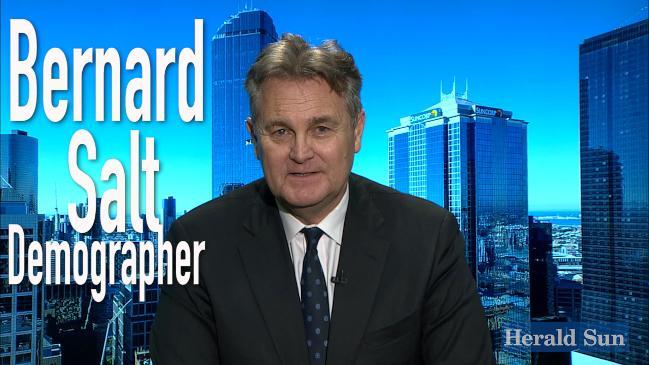
Ms Le Cornu worried she would be considered more expensive and less flexible than younger job hunters fresh out of university, meaning casual and part-time roles were less likely to be available.
PwC said transport policies should take into account that the travel needs of the unpaid economy were very different to transport networks designed to meet the peak-hour requirements of paid workers.
“The issue becomes how we ensure that the requirements of the unpaid economy, and the value it generates to society, is given appropriate weight in policy and investment decisions,” the report said.
“This may mean less reliance upon the traditional understanding of economic activity and the wealth of data that is associated with paid activities.”
MELBOURNE TO SYDNEY IN 53 MINUTES
HOW LONG YOUR DRIVE WILL TAKE IN 2030
CALL TO APPOINT MINISTER FOR MELBOURNE’S WESTERN SUBURBS
